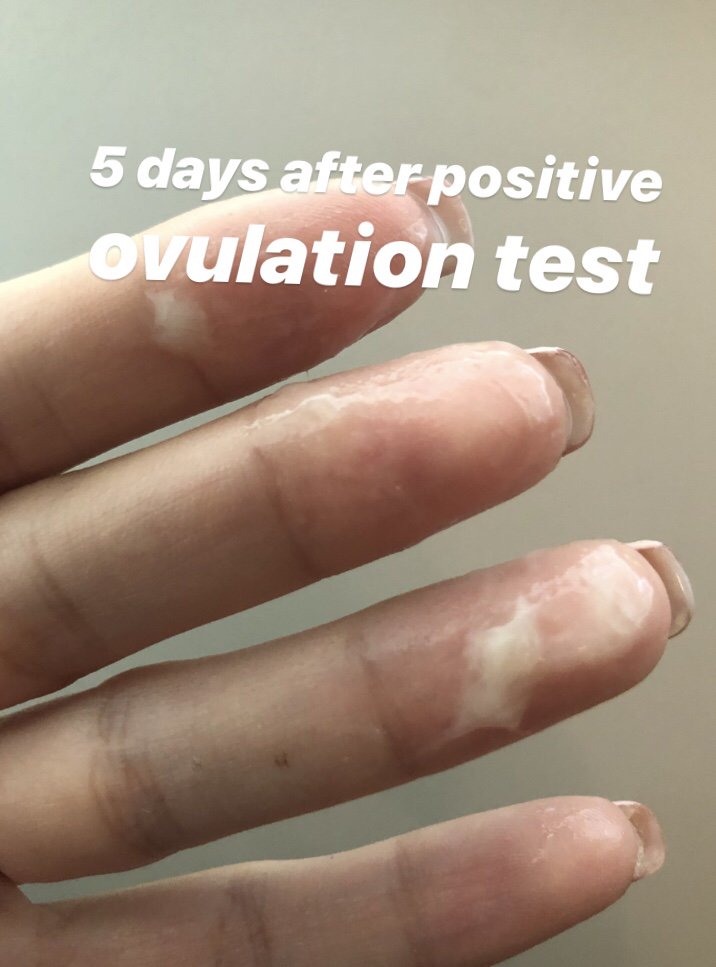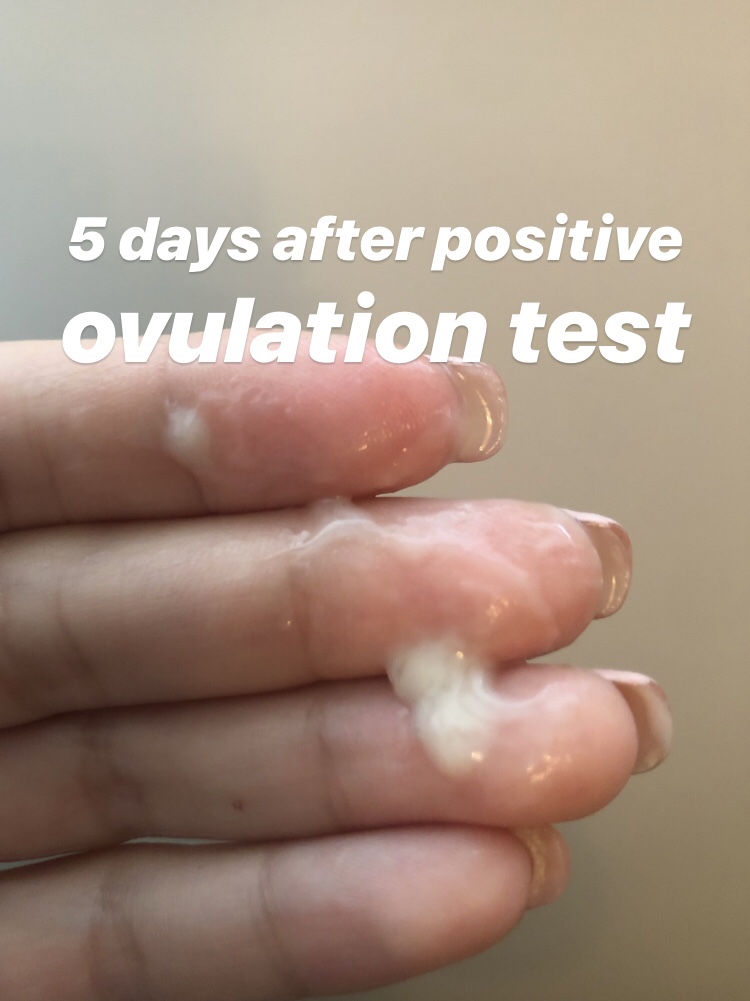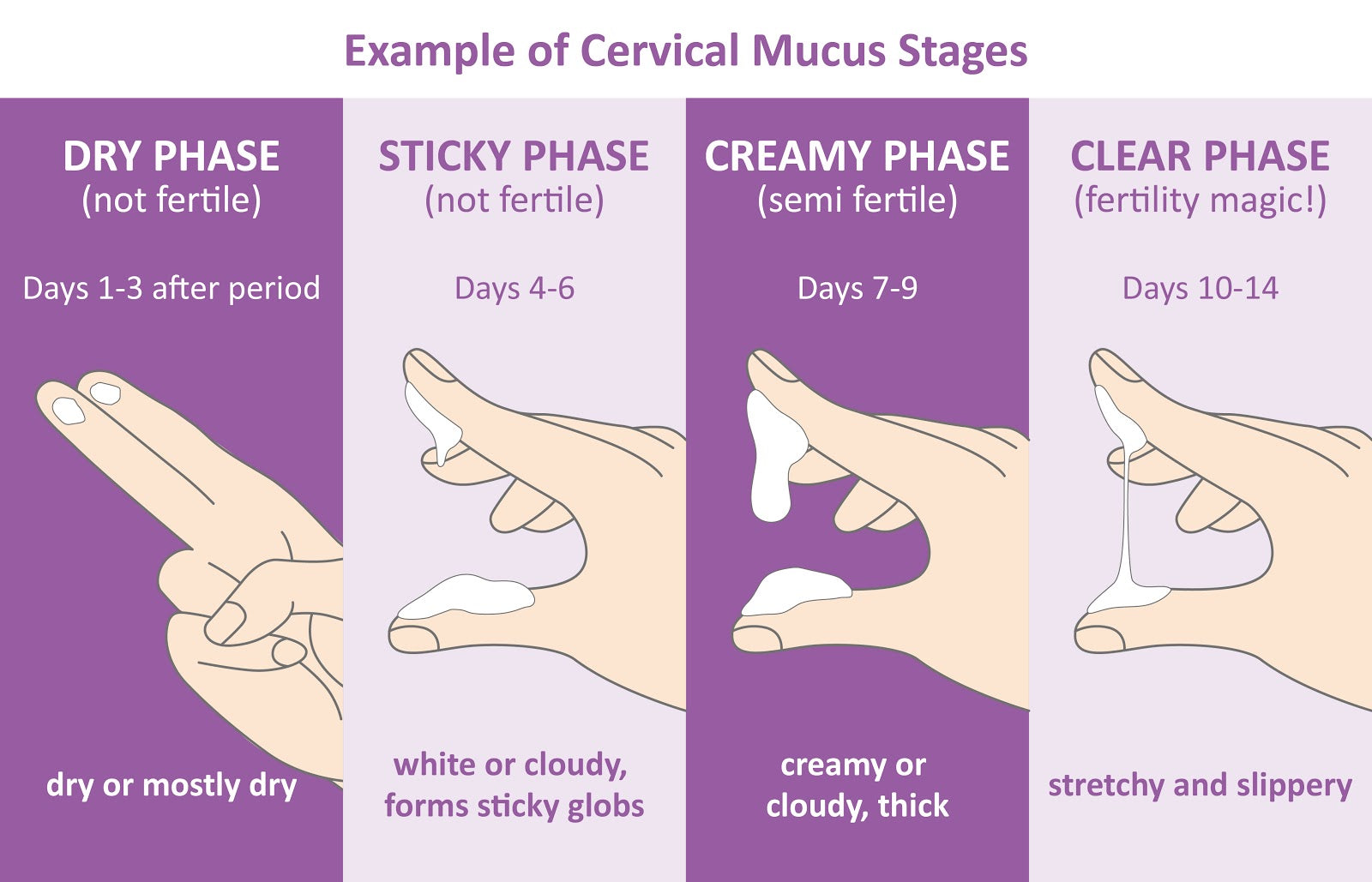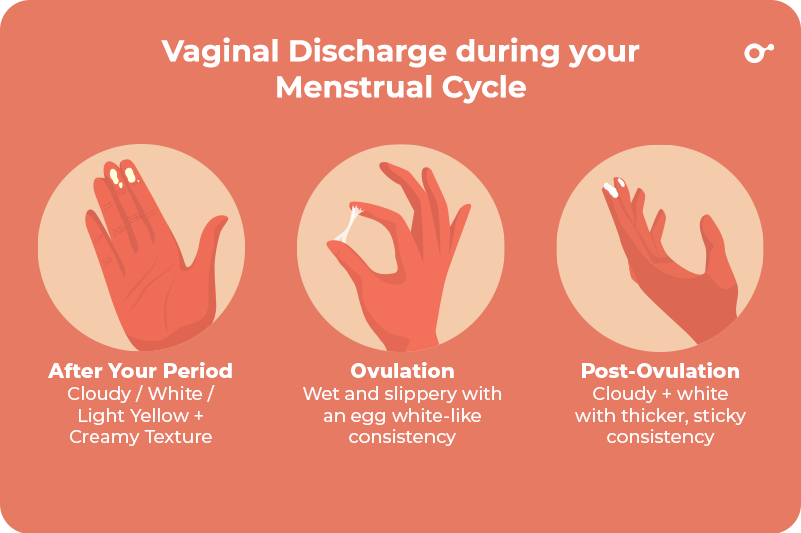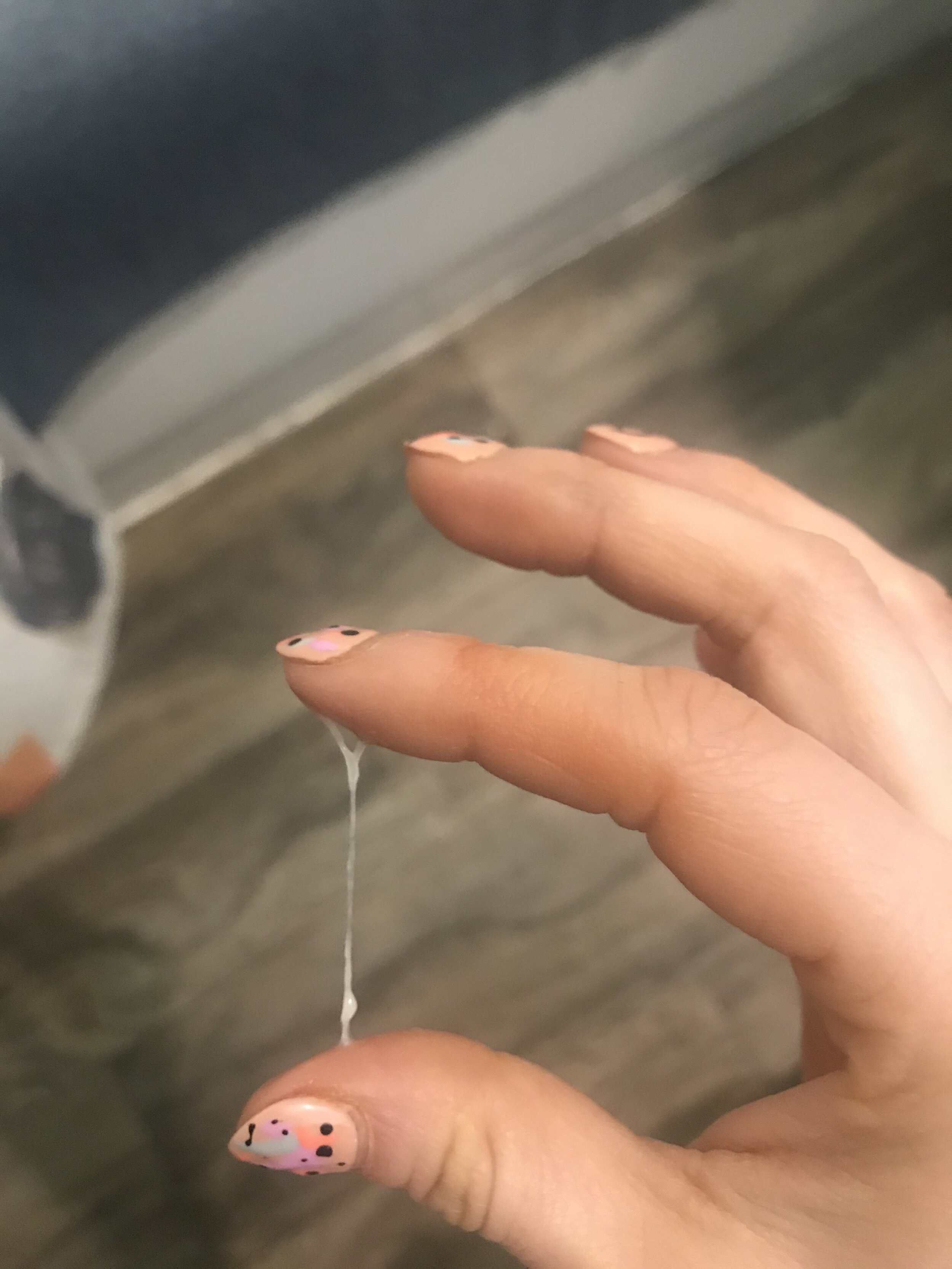Discharge The Day After Ovulation - Discharge becomes clearer and more slippery, preparing the body for ovulation. At 1 dpo, it is still possible to conceive. 1 dpo, aka 1 day post ovulation, refers to the first day after your body releases an egg. Vaginal discharge changes throughout your menstrual cycle, with clear, slippery discharge during ovulation to help sperm reach the egg. After the drying up of the mucus and reverting. However, the discharge from the ovulation process will dry up and become sticky. Follicular phase (after menstruation to ovulation): In contrast, if conception takes place, spotting. Progesterone levels rise, supporting the thickening of the uterine lining in preparation for a potential pregnancy.
At 1 dpo, it is still possible to conceive. 1 dpo, aka 1 day post ovulation, refers to the first day after your body releases an egg. However, the discharge from the ovulation process will dry up and become sticky. Vaginal discharge changes throughout your menstrual cycle, with clear, slippery discharge during ovulation to help sperm reach the egg. Progesterone levels rise, supporting the thickening of the uterine lining in preparation for a potential pregnancy. Discharge becomes clearer and more slippery, preparing the body for ovulation. Follicular phase (after menstruation to ovulation): In contrast, if conception takes place, spotting. After the drying up of the mucus and reverting.
Discharge becomes clearer and more slippery, preparing the body for ovulation. At 1 dpo, it is still possible to conceive. However, the discharge from the ovulation process will dry up and become sticky. In contrast, if conception takes place, spotting. 1 dpo, aka 1 day post ovulation, refers to the first day after your body releases an egg. Progesterone levels rise, supporting the thickening of the uterine lining in preparation for a potential pregnancy. Follicular phase (after menstruation to ovulation): After the drying up of the mucus and reverting. Vaginal discharge changes throughout your menstrual cycle, with clear, slippery discharge during ovulation to help sperm reach the egg.
What does your Discharge look like when you are Ovulating
1 dpo, aka 1 day post ovulation, refers to the first day after your body releases an egg. Progesterone levels rise, supporting the thickening of the uterine lining in preparation for a potential pregnancy. However, the discharge from the ovulation process will dry up and become sticky. After the drying up of the mucus and reverting. At 1 dpo, it.
After Ovulation Discharge
After the drying up of the mucus and reverting. At 1 dpo, it is still possible to conceive. 1 dpo, aka 1 day post ovulation, refers to the first day after your body releases an egg. Progesterone levels rise, supporting the thickening of the uterine lining in preparation for a potential pregnancy. Vaginal discharge changes throughout your menstrual cycle, with.
Discharge After Ovulation If Pregnant Pictures / Some one please help
1 dpo, aka 1 day post ovulation, refers to the first day after your body releases an egg. Vaginal discharge changes throughout your menstrual cycle, with clear, slippery discharge during ovulation to help sperm reach the egg. However, the discharge from the ovulation process will dry up and become sticky. Progesterone levels rise, supporting the thickening of the uterine lining.
Mucous during and after ovulation? (see picture)
Progesterone levels rise, supporting the thickening of the uterine lining in preparation for a potential pregnancy. 1 dpo, aka 1 day post ovulation, refers to the first day after your body releases an egg. Discharge becomes clearer and more slippery, preparing the body for ovulation. However, the discharge from the ovulation process will dry up and become sticky. After the.
Egg White Discharge After D&C at Deanna Levin blog
Vaginal discharge changes throughout your menstrual cycle, with clear, slippery discharge during ovulation to help sperm reach the egg. 1 dpo, aka 1 day post ovulation, refers to the first day after your body releases an egg. Progesterone levels rise, supporting the thickening of the uterine lining in preparation for a potential pregnancy. Follicular phase (after menstruation to ovulation): Discharge.
After Ovulation Discharge
However, the discharge from the ovulation process will dry up and become sticky. In contrast, if conception takes place, spotting. Follicular phase (after menstruation to ovulation): At 1 dpo, it is still possible to conceive. Discharge becomes clearer and more slippery, preparing the body for ovulation.
Ovulation Discharge Chart
At 1 dpo, it is still possible to conceive. Discharge becomes clearer and more slippery, preparing the body for ovulation. After the drying up of the mucus and reverting. Vaginal discharge changes throughout your menstrual cycle, with clear, slippery discharge during ovulation to help sperm reach the egg. However, the discharge from the ovulation process will dry up and become.
After Ovulation Discharge
However, the discharge from the ovulation process will dry up and become sticky. Discharge becomes clearer and more slippery, preparing the body for ovulation. At 1 dpo, it is still possible to conceive. Follicular phase (after menstruation to ovulation): In contrast, if conception takes place, spotting.
The Ultimate Guide to Cervical Mucus, With Photos — Fertility Awareness
At 1 dpo, it is still possible to conceive. In contrast, if conception takes place, spotting. Discharge becomes clearer and more slippery, preparing the body for ovulation. After the drying up of the mucus and reverting. However, the discharge from the ovulation process will dry up and become sticky.
How Common is Discharge During Ovulation? (with pictures)
Discharge becomes clearer and more slippery, preparing the body for ovulation. Follicular phase (after menstruation to ovulation): Progesterone levels rise, supporting the thickening of the uterine lining in preparation for a potential pregnancy. Vaginal discharge changes throughout your menstrual cycle, with clear, slippery discharge during ovulation to help sperm reach the egg. After the drying up of the mucus and.
Progesterone Levels Rise, Supporting The Thickening Of The Uterine Lining In Preparation For A Potential Pregnancy.
Discharge becomes clearer and more slippery, preparing the body for ovulation. Vaginal discharge changes throughout your menstrual cycle, with clear, slippery discharge during ovulation to help sperm reach the egg. However, the discharge from the ovulation process will dry up and become sticky. 1 dpo, aka 1 day post ovulation, refers to the first day after your body releases an egg.
After The Drying Up Of The Mucus And Reverting.
Follicular phase (after menstruation to ovulation): At 1 dpo, it is still possible to conceive. In contrast, if conception takes place, spotting.

